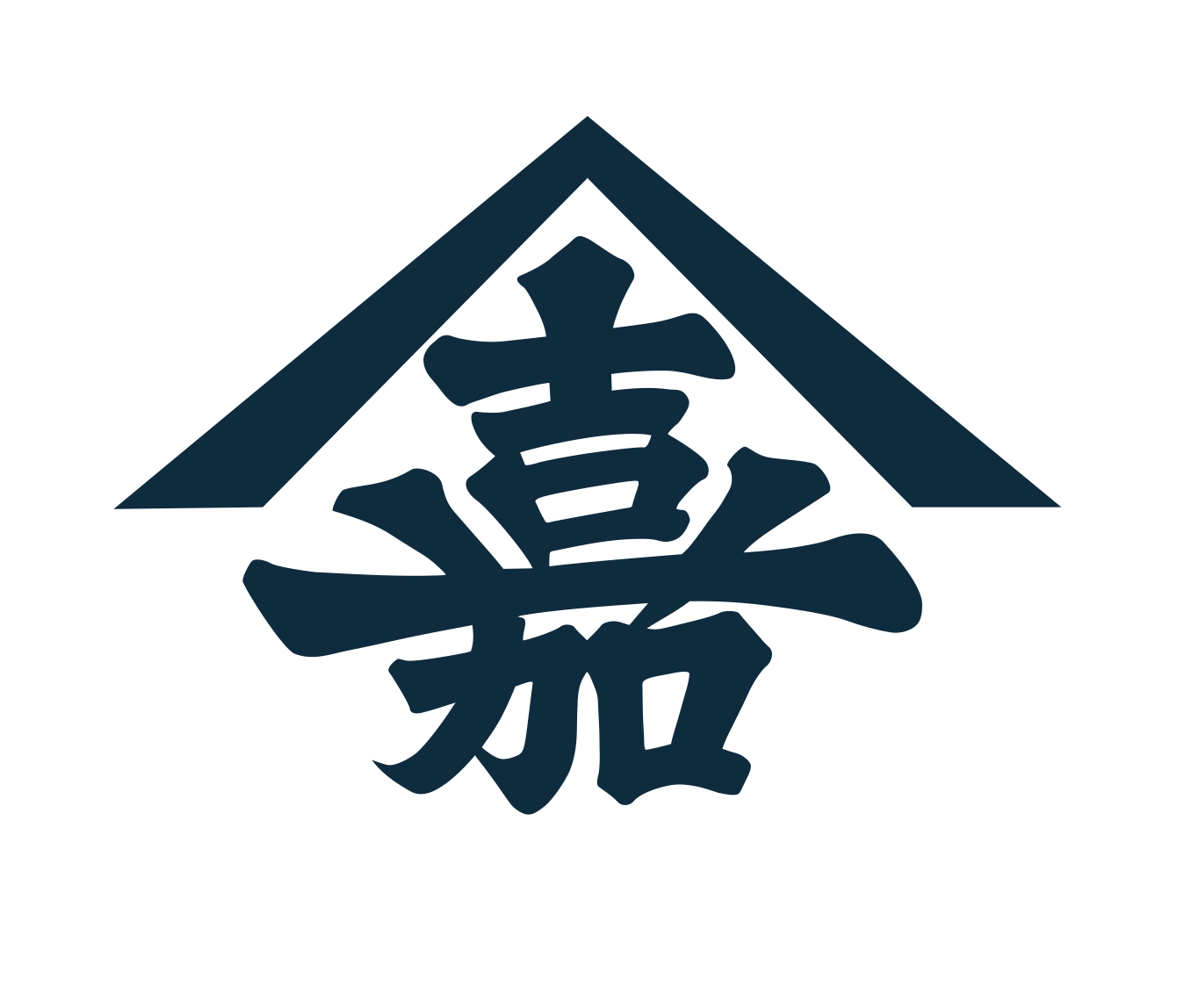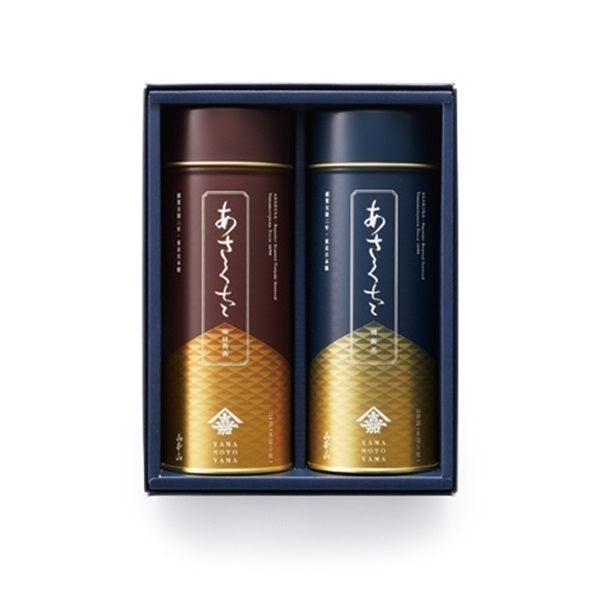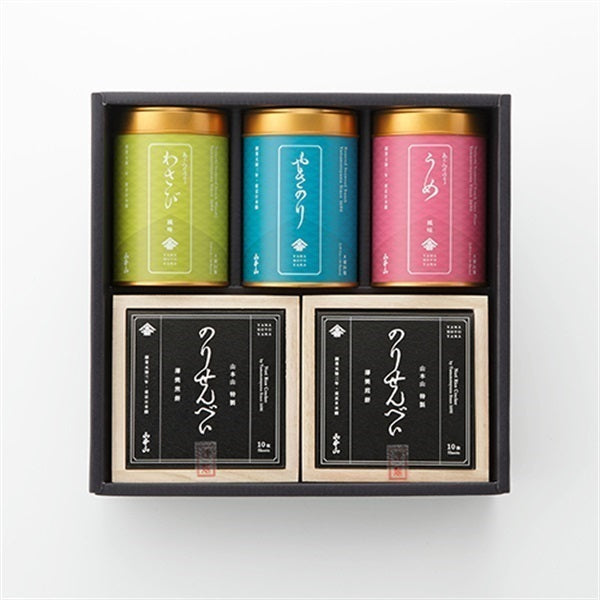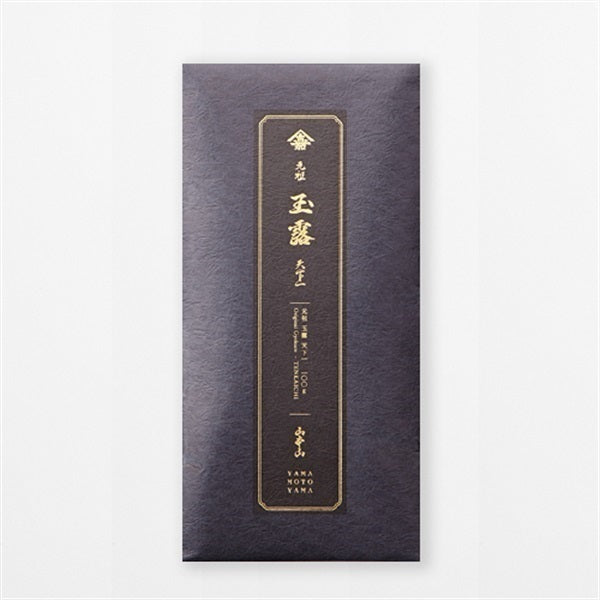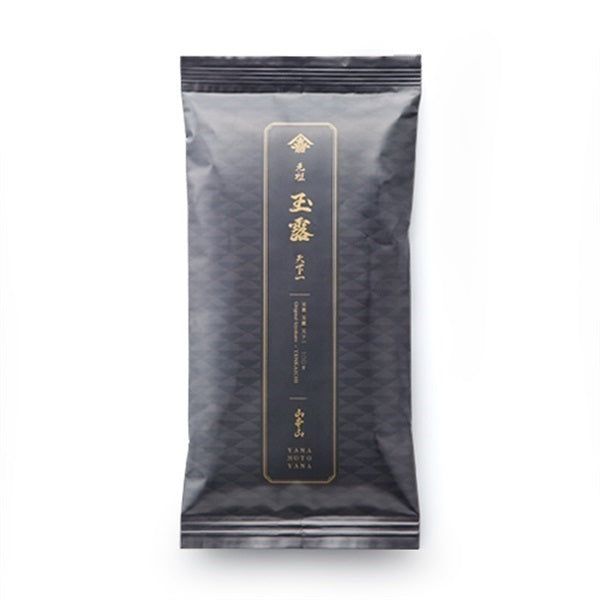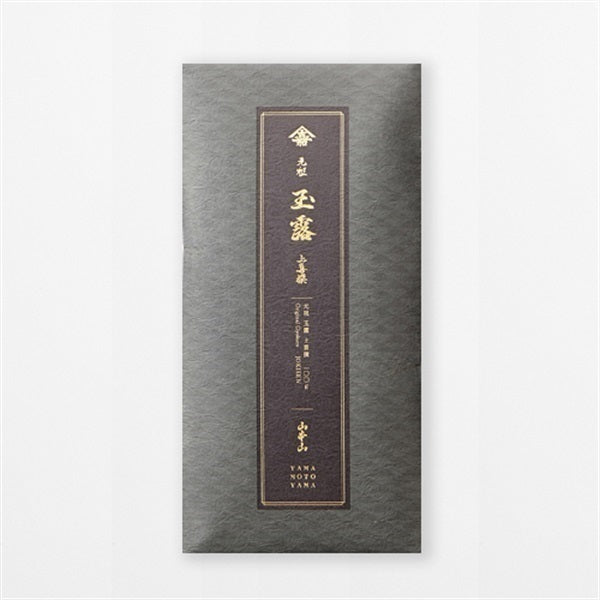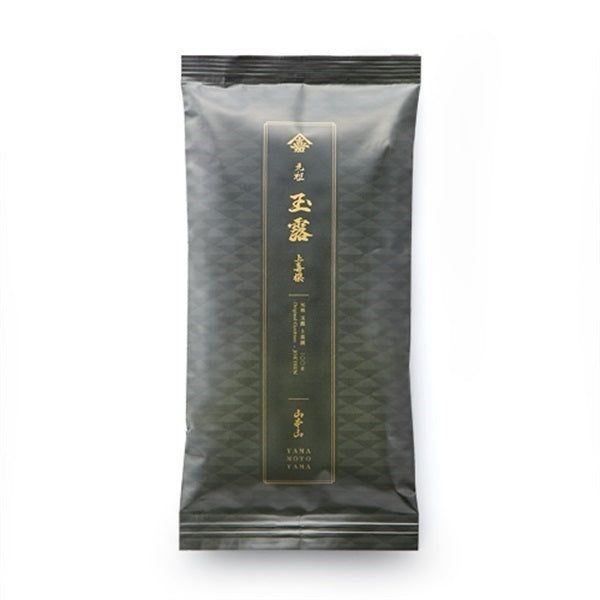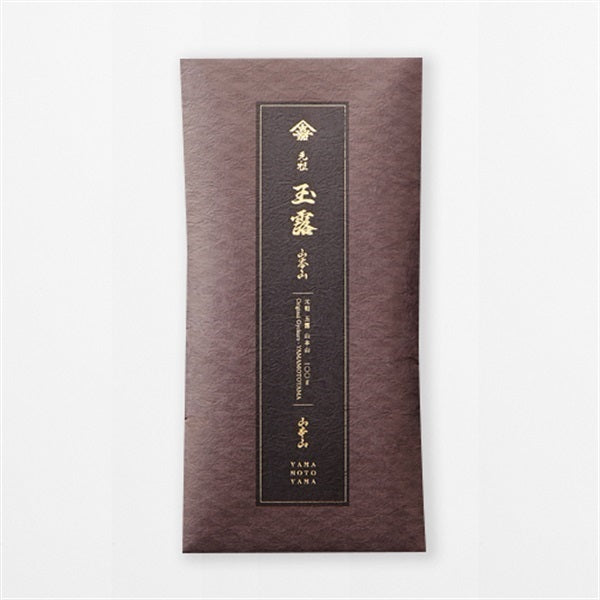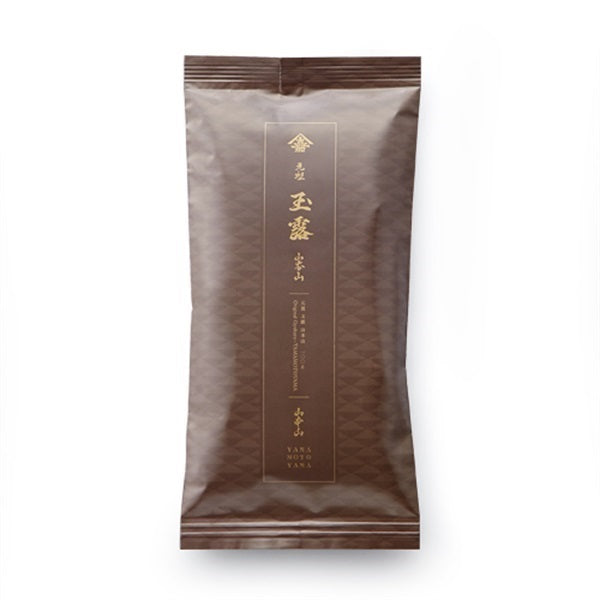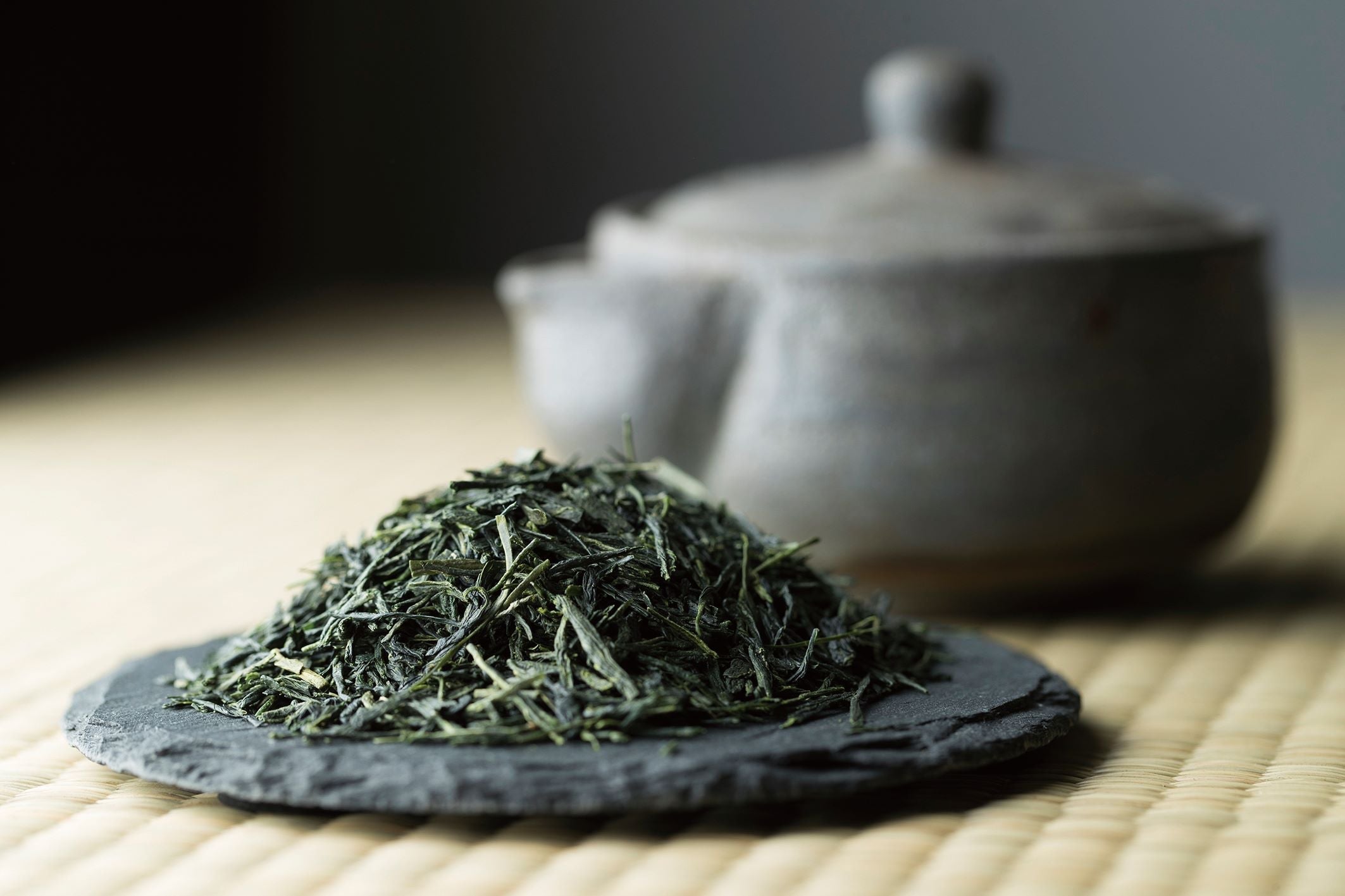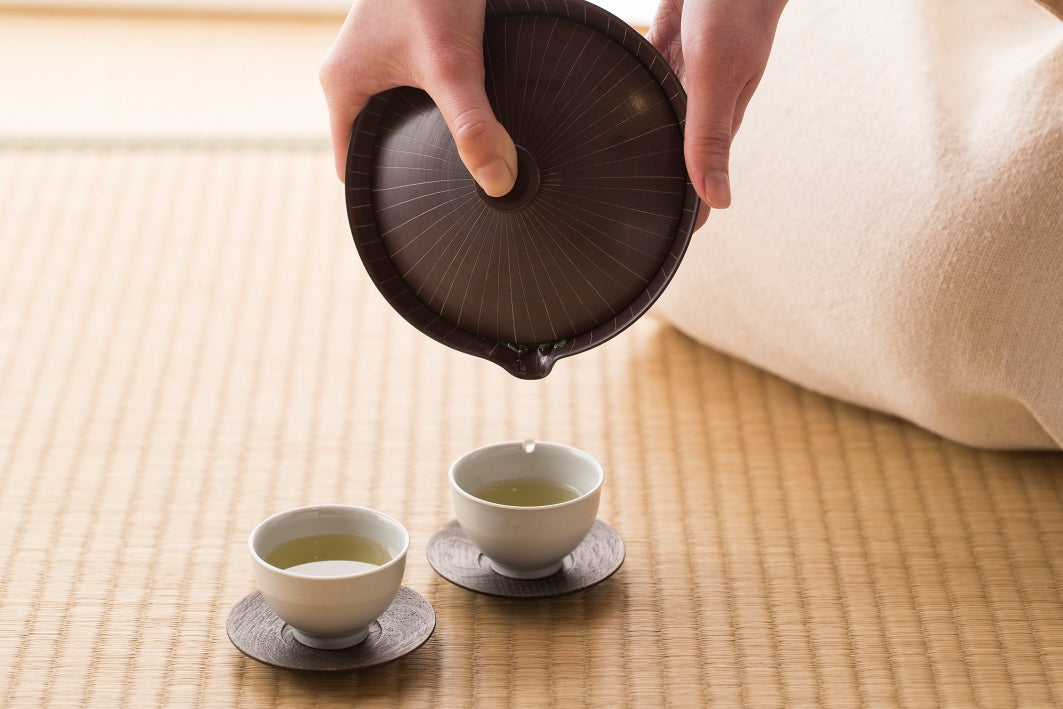
Why Gyokuro is said to be "dangerous" | Explaining why it contains a lot of caffeine and the recommended daily intake
Introduction
Gyokuro is a type of green tea. Most people have heard of it but have never tried it.
It is written as "gyokuro" and pronounced as "gyokuro."
It is a type of green tea and is known as the highest quality Japanese tea.

Gyokuro is characterized by its rich flavor and sweetness, as well as its mellow, creamy texture, but what is particularly noteworthy is its caffeine content.
Gyokuro has an overwhelmingly high caffeine content compared to coffee and other teas, so in recent years, more and more young men have started drinking it as an energy drink, and rumors have started to spread that Gyokuro is "dangerous." Its popularity is on the rise in some circles.
This time, we will introduce you to Gyokuro, which is rumored to be ``dangerous,'' its caffeine content, and how it differs from other teas.

The amount of caffeine in Gyokuro is indeed "dangerous"
First, the amount of caffeine contained in Japanese tea and other beverages is as follows (per 100ml):
- Gyokuro: 160mg
- Matcha: 60mg
- Coffee: 60mg
- Hot cocoa: 35mg
- Black tea: 30 mg
- Oolong tea: 20mg
- Regular Sencha: 20mg
- Hojicha: 20mg
- Bancha tea: 10mg
- Genmaicha: 10mg
- Kamairi tea: 10mg
- Barley tea: 0mg
What do you think? The amount of caffeine contained in Gyokuro is certainly obvious. It boasts an overwhelming amount of caffeine, not just among Japanese teas but among beverages as well.
This is probably why Gyokuro is said to be ``awesome.''
It contains about three times as much caffeine as coffee, which is what most people think of first when they think of caffeine.

Two reasons why Gyokuro tea has a high caffeine content
So why does Gyokuro have such a high caffeine content?
There are two main reasons why Gyokuro tea has a high caffeine content:

1. Because young shoots are used
Gyokuro is picked while the new buds are still tender.
Young buds contain more caffeine than mature leaves, so Gyokuro naturally has a higher caffeine content.
The reason why young tea leaves contain a lot of caffeine is because it helps the plant protect itself from predators and promotes growth. In other words, caffeine is a kind of "defense substance" for the plant.
As the tea leaves grow, they become larger and harder. They become less vulnerable to predators, and so the caffeine that protects the leaves is gradually reduced from the body.

2. Effects of shading
Gyokuro is made using a method called "shade cultivation," in which the tea leaves are covered before harvest to block out sunlight. This cultivation method significantly changes the balance of ingredients in the tea leaves.
The amino acids contained in tea leaves are converted into catechin, the bitter component, when exposed to sunlight, but this change does not occur in Gyokuro tea leaves, which are shaded from light.
While it retains a rich amount of the amino acids that produce umami flavor, it does not produce the astringent catechins, so the caffeine content originally contained in the tea leaves is relatively high.

The effects of caffeine in Gyokuro
Caffeine stimulates the central nervous system, stimulating it and helping to eliminate drowsiness and fatigue, as well as improving athletic performance.
In addition, it has been shown to have a cardiotonic effect, such as increasing the heart rate and raising blood pressure by constricting blood vessels, as well as a diuretic effect.
Adequate caffeine intake provides the following health benefits:

1. Improve concentration and recover from fatigue
Caffeine has a stimulating effect on the central nervous system.
This is expected to have the effect of activating the brain, such as clearing the mind (awakening effect), improving work efficiency (improving concentration), and recovering from fatigue. It is useful when you want to wake up from drowsiness or improve your concentration.

2. Maintaining athletic ability
Caffeine stimulates the sympathetic nervous system, making the heart work harder.
It is believed that improving blood flow to the brain and entire body leads to sustained endurance and improved athletic ability.
In addition, fat decomposition and metabolism are further promoted, and a high fat burning effect can be expected.

3. Diuretic effect and relieves swelling
As many of you may know, caffeine has a diuretic effect, promoting the excretion of excess fluid and waste products from the body. It is also said to be effective in reducing swelling, which is a concern for women.
It has long been said that tea is effective against hangovers. This is thought to be because the caffeine in tea breaks down the acetaldehyde that causes hangovers, and its diuretic effect speeds up the body's metabolism, helping to expel alcohol from the body.

In addition to these effects, caffeine is known to have various physiological effects, such as activating skeletal muscles and promoting metabolism.
When taken properly, it has many positive effects, such as improving concentration and waking up from drowsiness.
Gyokuro can be considered a traditional Japanese energy drink, perfect for when you want to increase your concentration and work efficiency or wake up.

On the other hand, excessive intake can cause symptoms such as insomnia, palpitations, headaches, dizziness, and gastrointestinal disorders.
Not only that, consuming large amounts of caffeine in a short period of time can lead to acute symptoms of poisoning.
In fact, there have been several cases of people dying after consuming energy drinks in Japan, so you need to be careful.

Recommended daily intake of Gyokuro tea
In Japan, there is no clearly defined recommended daily intake of caffeine, but in other countries, the recommended intake for healthy adults is up to 400 mg per day.
100ml of Gyokuro contains 160mg of caffeine, which is higher than other green teas, so you should be careful about the amount you drink per day.

Generally, gyokuro is brewed stronger than sencha, so about two cups is a good guideline, but gyokuro is drunk differently than sencha.
Typically, you drink about 15 to 20 ml from a small bowl, so if you drink this way, it should be no problem to drink up to 10 cups a day.
However, the effect of caffeine varies depending on each individual's constitution and health condition. If you are pregnant or sensitive to caffeine, please consult your doctor before adjusting your intake.
